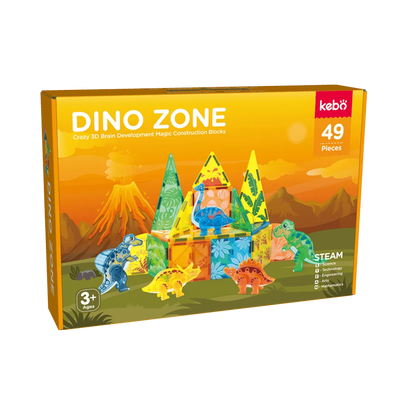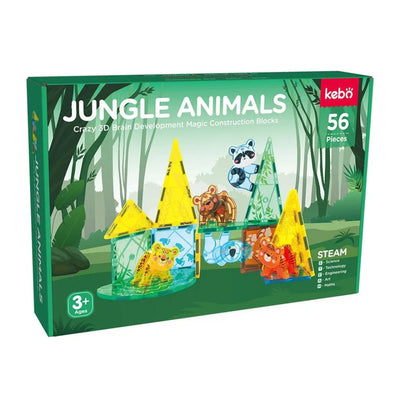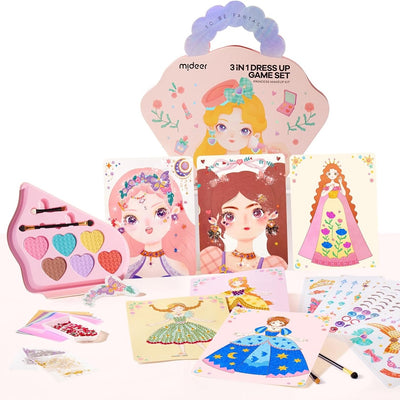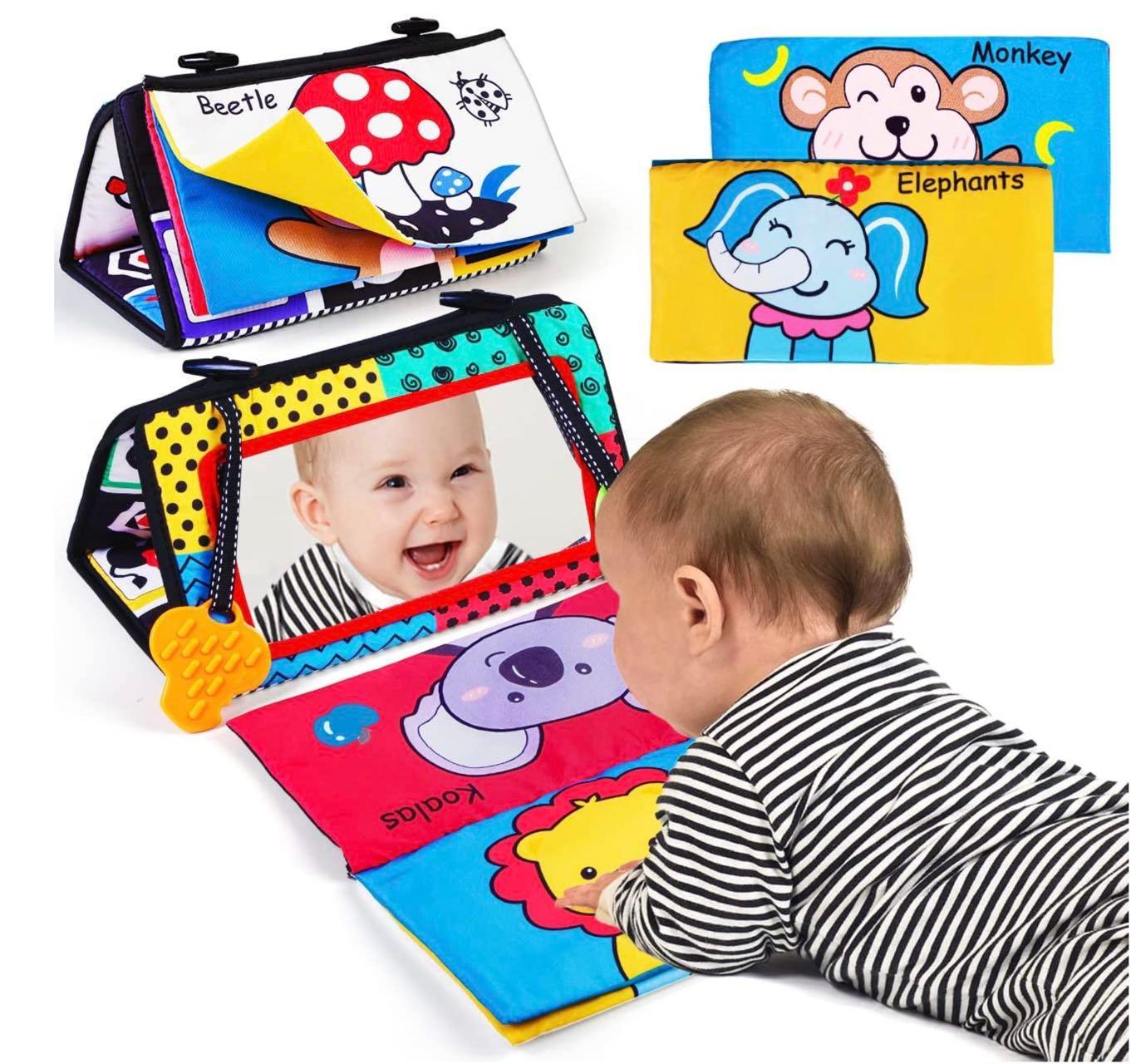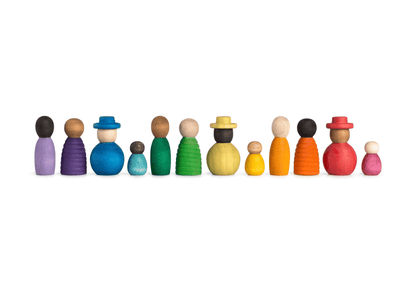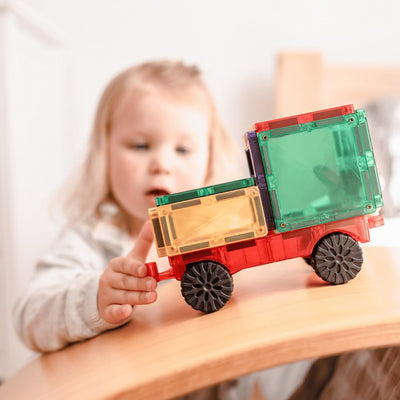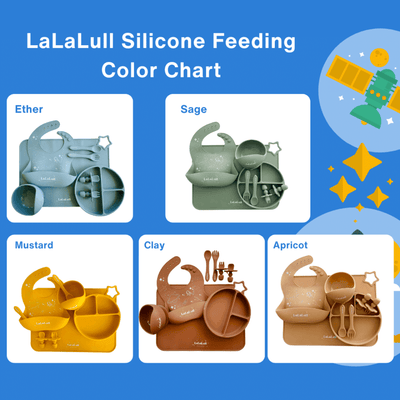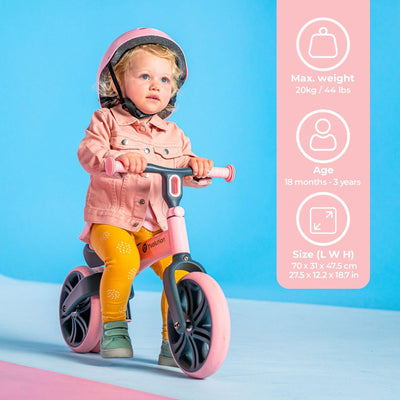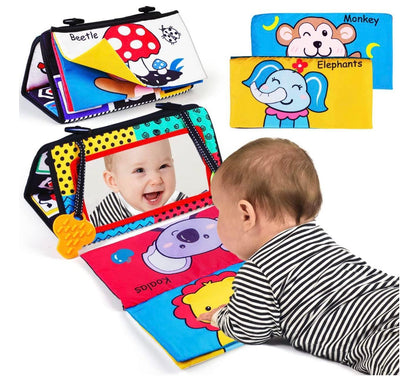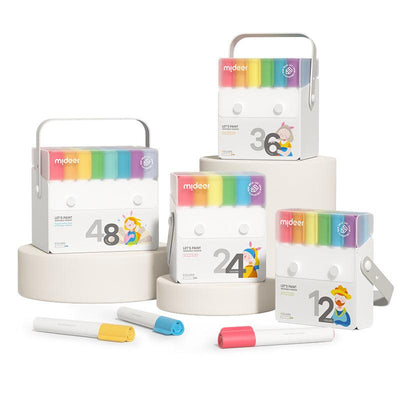Mirrors are often overlooked when it comes to toys and developmental tools for newborns, but they offer a range of benefits that can support your baby's growth in several key areas. This blog explores the various aspects of mirror play for newborns, including its impact on visual development, self-awareness, language skills, and social interaction.
Visual Development
Mirrors are excellent for helping newborns develop their visual tracking abilities. When a baby looks at their reflection in a mirror, they begin to notice movement and contrast, which are crucial for developing their visual acuity. Here’s how mirrors contribute to visual development:
- Contrast Sensitivity: Babies are naturally drawn to faces and high-contrast images. The clear reflection in a mirror can capture a baby’s attention and encourage them to focus, which is vital for strengthening their visual tracking skills.
- Focus and Tracking: As babies grow, they start to track movement with their eyes. Seeing their own reflection move helps them practice this skill in a fun and engaging way.
Self-Awareness and Emotional Development
One of the fascinating aspects of mirror play is its role in developing self-awareness. Though newborns may not recognize themselves in the mirror initially, repeated exposure can lay the groundwork for this important cognitive milestone.
- Building Self-Recognition: Around 18 months, children begin to recognize that the reflection in the mirror is actually themselves. Early exposure to mirrors can support this understanding as they become familiar with seeing their face and body reflected back at them.
- Emotional Expression: Seeing their own facial expressions in the mirror allows babies to explore emotions. Parents can interact with their baby in front of the mirror, exaggerating smiles or frowns, which helps the baby understand different emotional cues.
Language Development
Mirror play also contributes to language development. When parents use a mirror during playtime, it provides an opportunity to engage in a dialogue that is both visual and verbal.
- Labeling Facial Features: Parents can point to the baby’s nose, eyes, or mouth in the mirror and name them, which helps the baby associate words with their corresponding body parts.
- Encouraging Vocalization: Babies often respond to their reflection by cooing or babbling. Parents can mimic these sounds or introduce new words, turning mirror time into a language-rich experience.
Social Interaction
While newborns are too young to engage in complex social interactions, mirror play sets the stage for understanding social cues and interactions as they grow older.
- Interactive Play: Parents and caregivers can use mirrors to play peek-a-boo or other interactive games, which are foundational for learning turn-taking and other social skills.
- Bonding Time: Mirror play can also be a bonding experience. Parents can sit with their baby in front of a mirror and engage in shared laughter and smiles, which helps strengthen the emotional connection between parent and child.
Introducing the Babycoo Mirror Play Collection
At Babycoo, we understand the importance of developmental play, which is why we’ve curated a collection of baby-safe mirrors designed specifically for newborns. Our mirrors are crafted with unbreakable materials and come in various sizes and shapes to suit different playtime settings. Whether you’re looking for a floor mirror for tummy time or a handheld mirror for interactive games, our collection offers the perfect options to support your baby's growth.
Explore our Babycoo Mirror Play Collection and discover how these simple tools can enhance your baby’s development.
Practical Tips for Mirror Play
To make the most out of mirror play, here are some practical tips:
- Safety First: Always ensure that the mirror is baby-safe, meaning it should be unbreakable and securely attached if placed at a low level where the baby can reach it.
- Start Early: Introduce mirrors early on, even in the first few weeks, to make them a natural part of your baby’s environment.
- Interactive Games: Use the mirror for interactive games like peek-a-boo, or simply make funny faces to entertain and engage your baby.
Conclusion
Incorporating mirrors into your newborn's playtime is a simple yet powerful way to support their development across various domains. From enhancing visual skills to fostering emotional and social growth, mirrors offer a range of benefits that can set the foundation for many of your baby’s future milestones. So, yes, mirrors are indeed good for newborns, and incorporating them into daily routines can be a fun and educational experience for both parents and babies alike.
For further reading on the benefits of mirror play, check out this article by First Things First
